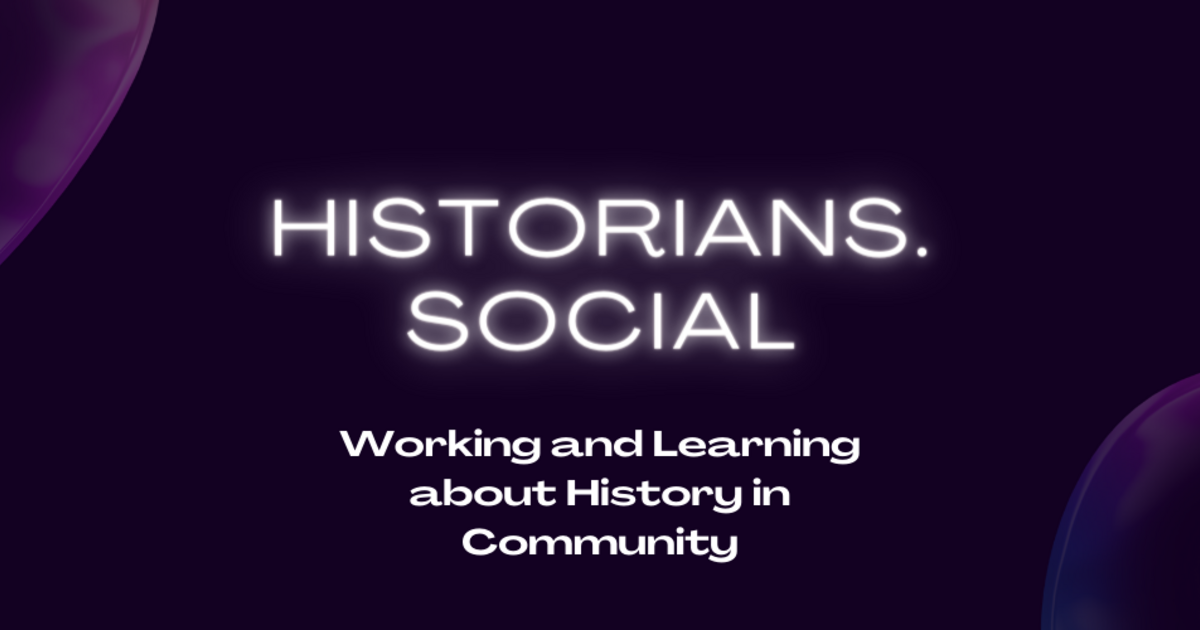Recent searches
Search options
Question for #histodons! I’m fairly comfortable with updating outdated language regarding slavery, I’m not nearly so confident with language regarding #Indigenous people. Does anyone have any good book or resource recommendations? Particularly about Virginia Indians?
@kgehred I've been going with Indigenous or Native, and with specific ethnonyms when I can, as "Indian" seems to be getting increasing pushback. This seems to work!
@historianess @kgehred with ethnonyms, how does one handle that? I grew up with Chippewa but apparently Ojibwe is the Indigenous name. Go with the Indigenous spelling?
@legalquilts @kgehred I usually look up current tribal nations for their preferred ethnonyms and spelling. Sometimes I'll use a footnote to do a quick explanation for why I'm using an enthonym that might be less familiar to the general reading public. :)
@legalquilts @kgehred For example, in a first use I might say "Kenienké:haka (Mohawks)" since most people will be familiar with "Mohawks" rather than the preferred ethnonym Kenienké:haka.
@kgehred I’m not very familiar with Virginia, but I’m a Southwest archaeologist, and our general guidelines are:
- Indigenous or Native when talking generally
- Indian or Tribal when talking about the government or federal law, because that’s the legal language
- specific tribal names when possible (Hopi, Zuni, Jicarilla Apache)
- when the commonly used English name for a tribal group is not their preferred name for themselves, put the common name in parentheses afterwards. ex. “Diné (Navajo)”

